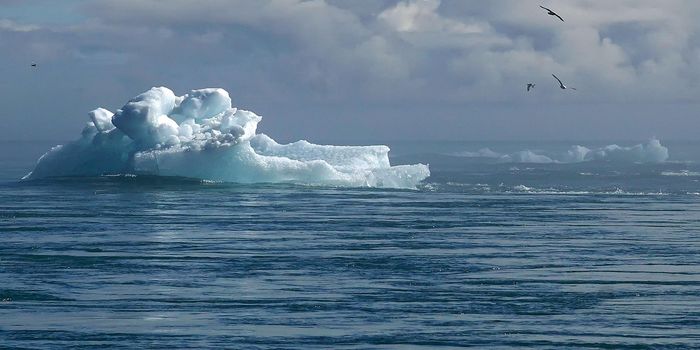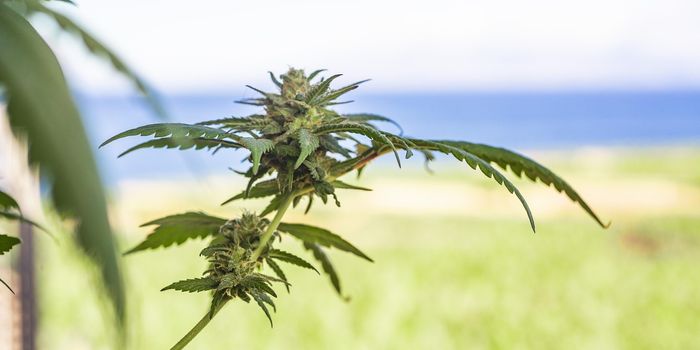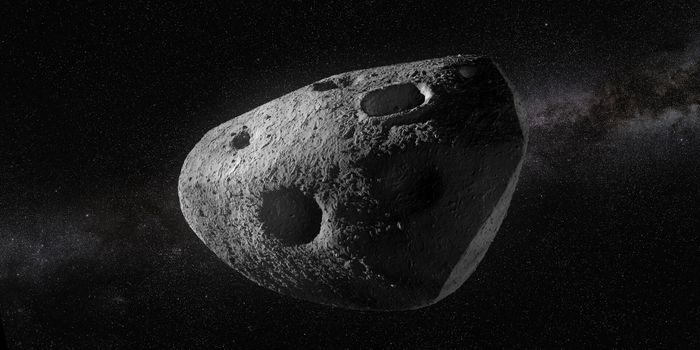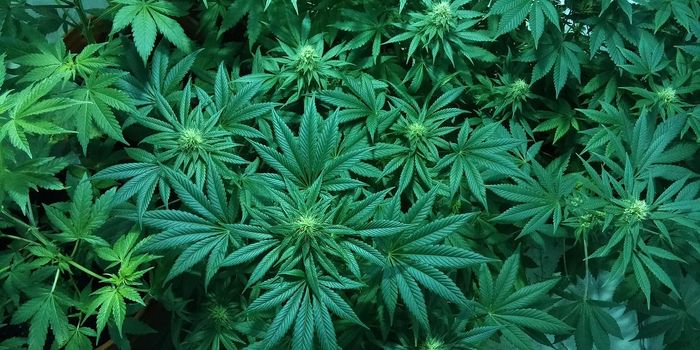Digging Deeper Won't Solve Groundwater Depletion
Did you know that 100 million Americans depend on groundwater wells? Wells remain throughout the country for household, agricultural and industrial use. To circumvent the issue of groundwater depletion, some are digging wells deeper and deeper. According to scientists from the University of California, Santa Barbara, this practice is unsustainable and should not be considered an effective solution to the problem.
Debra Perrone and Scott Jasechko from UCSB’s Department of Environmental Studies conducted the first-ever study of groundwater wells across the contiguous United States. The results of their analysis were published this week in Nature Sustainability. The goal of their research was to locate all wells across the United States and classify them as domestic, industrial, or agricultural. They also aimed to track well depth and determine any changes in depth over time.
After analyzing data regarding 11.8 million groundwater wells, the team concluded that wells are being constructed deeper 1.4 to 9.2 times more often than they are being built at shallow depths. They also discovered that nearly 80% of the areas they examined showed a deepening-trend from 1950-2015. This practice was most common in areas such as the California Central Valley, the high plains of southwest Kansas, and the Atlantic coastal plain. In a statement to UCSB reports, Jasechko said, “we were surprised how widespread deeper drilling is.”
In the same news report, Perrone told reporters that no matter the reason for deeper drilling, it is an unsustainable solution to groundwater depletion. The team cites four reasons why deeper drilling is not a long-term solution to dry wells: its more expensive; it requires more energy to pump water from deeper levels; deeper layers are not as conducive to water extraction; groundwater is saltier at deeper depths.
The expense of deeper drilling will impact rural communities the most. As Perrone told UCSB reporters, “Groundwater is a crucial resource for rural communities. Our previous work found that rural groundwater wells are especially vulnerable to going dry.”
The researchers hope that their work is valuable in future groundwater regulation and monitoring.








